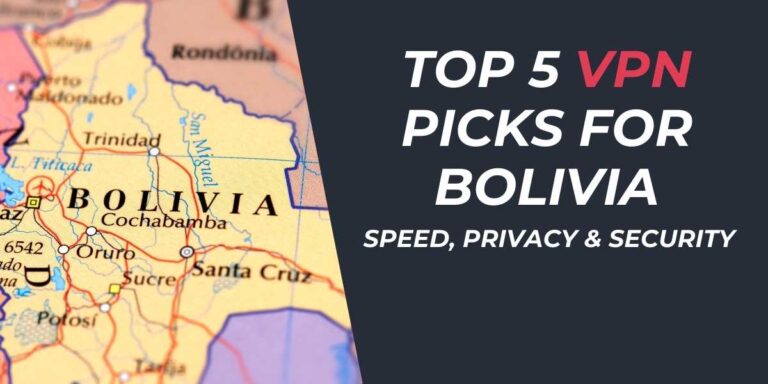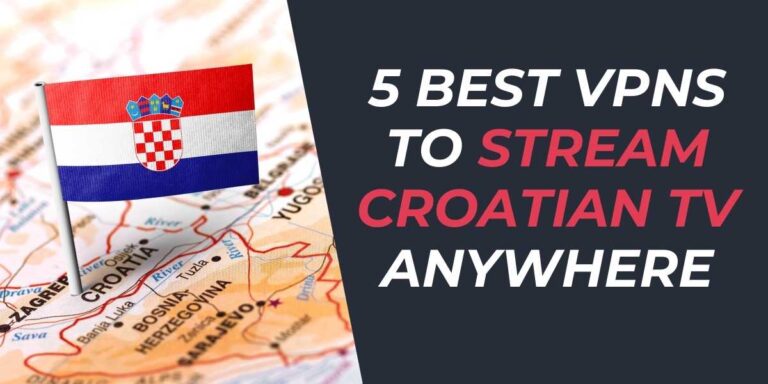VPN Protocols: Fastest & Most Secure Options in 2024
Finding the fastest and most secure VPN protocol in 2024 is crucial for anyone concerned with online safety or performance. Different VPN protocols offer distinct advantages, from enhanced security to increased speed. Understanding their nuances will help you make an informed choice to optimize your online experience.
Understanding VPN Protocols
A VPN protocol is essentially the set of rules dictating how data is securely transmitted over the internet. It manages encryption, authentication, and data routing between your device and a VPN server, safeguarding your online privacy and ensuring a seamless internet experience.
Why it Matters
Choosing the right VPN protocol is vital as it impacts your internet speed, security level, and device compatibility. Different protocols prioritize aspects such as speed, security, or flexibility, making it crucial to select one that aligns with your specific needs.
Common VPN Protocols Compared
OpenVPN
OpenVPN is renowned for its balance of high security, flexibility, and compatibility. It’s open-source, regularly audited, and uses AES-256 encryption, making it a favorite among privacy-conscious users.
WireGuard
Launched recently, WireGuard is celebrated for its speed and efficiency. Its lightweight code and modern cryptography like ChaCha20 make it extremely fast, making it ideal for applications requiring quick data transfer such as streaming and gaming.
IKEv2/IPSec
Often favored by mobile users, IKEv2/IPSec offers speed and quick reconnections, making it perfect for devices that frequently switch networks. Its strength lies in stability and maintaining secure connections throughout network changes.
L2TP/IPSec
This protocol combines Layer 2 Tunneling Protocol (L2TP) with IPSec for encryption. While it provides robust security, the dual encapsulation may result in slower speeds, making it less ideal for high-speed tasks.
PPTP
PPTP is one of the oldest VPN protocols. While it’s fast due to lower encryption standards, this also makes it the least secure option. It’s suitable only for low-security tasks where speed is prioritized.
Detailed VPN Protocol Comparison
| Protocol | Speed | Security | Best For |
|---|---|---|---|
| OpenVPN | Moderate | High | General use, privacy |
| WireGuard | High | High | Speed-oriented tasks |
| IKEv2/IPSec | High | Moderate | Mobile users |
| L2TP/IPSec | Moderate | Moderate | Secure remote access |
| PPTP | High | Low | Streaming, gaming |
What to Consider When Choosing a VPN Protocol
Your choice should reflect your specific needs:
- Security: Opt for OpenVPN or WireGuard for maximum encryption and privacy.
- Speed: WireGuard excels in speed, making it excellent for streaming and gaming.
- Stability: IKEv2/IPSec is ideal for those frequently switching between networks, especially mobile users.
Proprietary VPN Protocols
Some VPN providers create proprietary protocols for enhanced performance:
NordLynx
Based on WireGuard, NordLynx adds a double NAT system for enhanced privacy, resolving static IP issues while maintaining high speeds.
Lightway
Developed by ExpressVPN, Lightway focuses on fast connections and minimal resource usage, ensuring seamless and smooth performance on all devices, especially mobile.
Hydra
Catapult Hydra by Hotspot Shield is optimized for speed and effective in regions with poor internet infrastructure, providing a balance of speed and security.
Conclusion: Making the Right Choice
With 2024 offering a variety of VPN protocols, your choice should revolve around your priorities – whether it’s speed, security, or specific needs like mobile performance or bypassing censorship. Understanding these protocols will ensure you select the most appropriate one, improving your online experience and maintaining optimal security.







